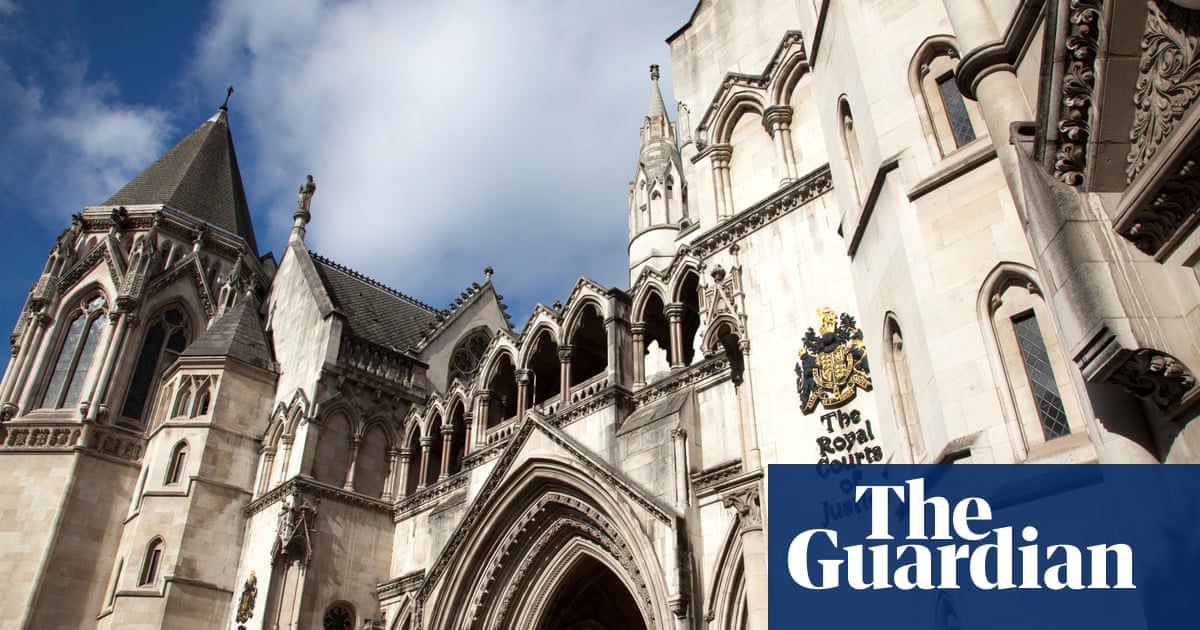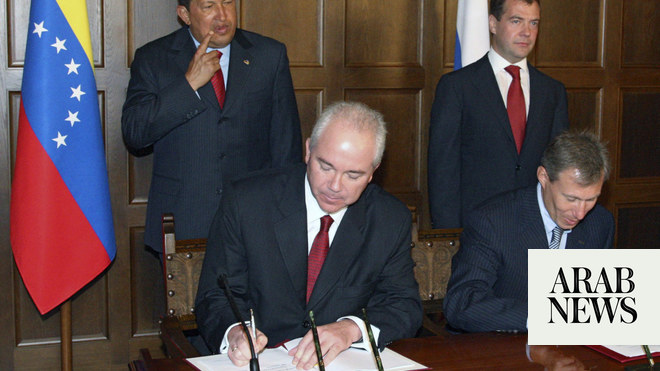
There are significant gaps in Michael Gove’s refugee scheme that could exclude vulnerable people from coming to the UK and increase the chance of homelessness for those who do, humanitarian experts have said.
The Homes for Ukraine programme, unveiled by the communities secretary over the weekend and to be rolled out this week, will allow individuals, charities, community groups and businesses to bring people escaping the war to safety.
Sponsored Ukrainians will be granted three years’ leave to remain in the UK, with entitlement to work and access public services. But concerns have been raised that Ukrainians will still need to apply for a visa to qualify for the programme, which charities have argued is a significant barrier for many.
In addition, the Guardian understands refugees will not be able to apply for housing benefit as part of a universal credit claim, exposing them to a risk of homelessness if their accommodation with family members or sponsors breaks down.
The first ministers of Scotland and Wales are reportedly seeking to become “super sponsors” so they can go beyond the measures announced by Gove.
Enver Solomon, the chief executive of the Refugee Council, said it was important to harness the generosity and goodwill of the public but the programme had to have the right resources.
He said: “Supporting people to host Ukrainian refugees should be part of the UK’s offer. But if it’s going to work, it needs to be delivered with all the right resource and all the necessary entitlements for Ukrainians – so they’re able to get all the healthcare they need, access housing benefit – because the reality is, the sponsor arrangement will be a short-term measure.
“This conflict doesn’t look like it’s going to end quickly. There needs to be a clear pathway to longer-term accommodations.”
Every EU country has waived visa requirements for Ukrainians in the short term but the UK government is insisting visas will be necessary, despite pressure to drop the policy.
Solomon said a visa programme was “effectively a managed migration route, which is not suitable to use to respond to a humanitarian crisis”.
The route is complicated further if a refugee does not have a Ukrainian passport, as there are additional requirements including providing biometric data to a processing centre. For vulnerable people including unaccompanied children, this would be a significant barrier, Solomon said.
The Guardian understands that Ukrainian refugees arriving under the programme will not be able to apply for housing benefit, which enables an individual to pay for private rent. This is out of step with regular refugee status in the UK following the asylum process – there are no restrictions placed on work or claiming benefits.
There is yet to be any additional funding announced for healthcare services, as there was when Afghanistan fell to the Taliban and the UK took in fleeing Afghans, Solomon said.
Louise Calvey, the head of services and safeguarding at Refugee Action, said: “The public outpouring of compassion for Ukrainian refugees in this country has been incredible. However, this does not give the government licence to outsource its responsibilities to protect refugees.
“Instead of developing a fully funded and comprehensive refugee resettlement scheme, the government is leaving the British public to pick up the pieces of a refugee protection system it has been tearing apart.”
She continued: “Refugee sponsorship is a wonderful way for people to show their support but they cannot be a country’s main response to large-scale displacement. Sponsorship is slow, bureaucratic and selective and takes an average of just 150 refugees each year.
“We are also deeply concerned about the risks to the safety of refugees that are inherent in the proposed scheme. Many people fleeing Ukraine will be traumatised and require specialist support, and some will be vulnerable to exploitation. This inadequate refugee protection programme comes after more than two weeks of government dither and delay.”
A Department for Levelling Up, Housing and Communities source said they believed they would be able to get the scheme going very quickly, without bureaucratic barriers.
They said it was correct that a visa would still be required, and the department had to balance bringing as many people as possible with conducting checks to protect the security of the country.
Unconfirmed reports have suggested intelligence and security services have raised concerns about terrorists and organised criminals taking advantage of relaxed routes to the UK from Ukraine.
Micheál Martin, Ireland’s taoiseach, told BBC’s Sunday Morning programme the “humanitarian response trumps anything, as far as we’re concerned. But our security people will keep on monitoring the situation in terms of what’s on.”












